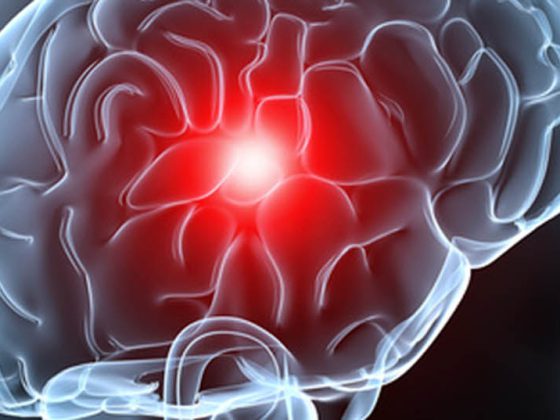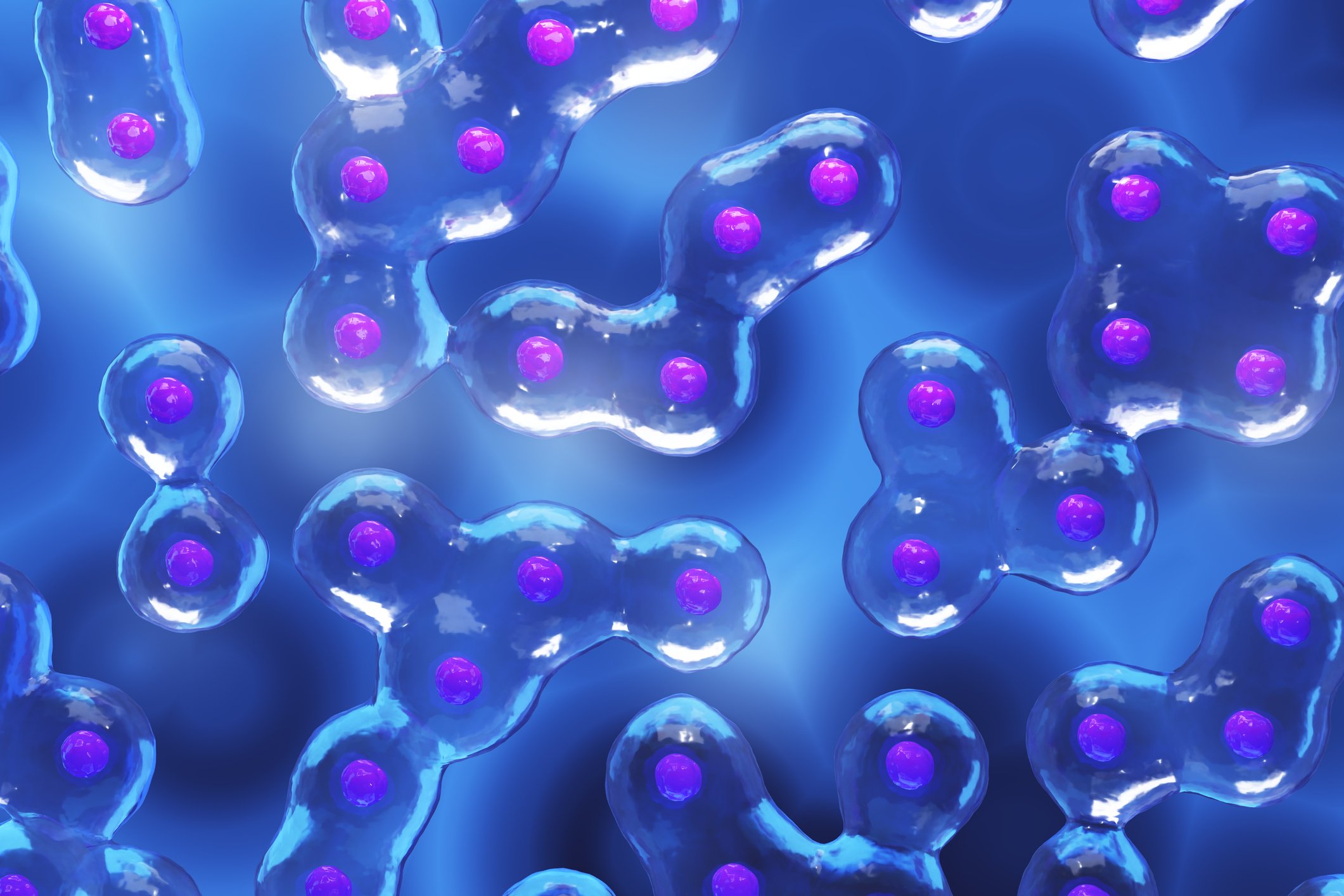In psychiatry, the goal is to make “unhappy” people “happy” again through therapy. But what does happiness actually mean? And what factors contribute to people becoming satisfied or dissatisfied? At the Swiss Symposium on Psychiatry on June 13 in Zurich, the perception of happiness and influences on happiness were examined from different angles. We report on the presentations that focused on happiness from the perspective of neurobiology and economics.
Prof. Dr. med. Gregor Hasler, Chief Physician of the University Clinic for Psychiatry, Bern, emphasized in his introductory lecture that psychological symptoms and possible illnesses are decisive in determining the feeling of happiness. If you are mentally healthy, even in a “normal” crisis (e.g. financial worries, physical illness, lovesickness) you can still direct the focus of your thoughts to pleasant and positive things and thus achieve a certain sense of well-being. In the case of mental disorders, however, the attention is trapped, so to speak, and distraction is hardly possible, so that the feeling of happiness drops significantly. Depression is a “happiness killer”: on average, depressed people are even unhappier than patients with multiple sclerosis or terminal cancer.
Expectation of happiness is the greatest happiness
In principle, the brain is much more concerned with the expectation of happiness than with the actual experience of happiness, in keeping with the adage “anticipation is the greatest joy”. Happy people are often short-term oriented – so depression therapy tries to point patients toward short-term moments of happiness. In contrast, people with melancholic depression are usually hypersensitive to future, possibly negative events. The tendency to fear that something negative might happen is strongly genetically determined.
Social contacts and relationships are enormously important for happiness and longevity. If you live in a happy environment, you have a very good chance of being happy as well. But genetics also plays a role in happiness: 30-40% of the feeling of happiness is inherited – and not only via DNA, but also via epigenetic processes. Genetic and epigenetic factors involved in the development of psychiatric disorders are also important “happiness genes.” We know from new twin studies that factors such as a difficult childhood or the parenting style of the parents are probably rather overestimated. However, these studies show that negative experiences in adolescence (accidents, moving house, failed love relationships, lack of parental support, etc.) have a major impact on later happiness experience. In turn, relationships, positive experiences and creative moments are central to happiness – people affected by poverty are often unhappy not primarily because of the lack of money, but because they are socially excluded.
Economics of Happiness
Some facts about empirical happiness research were presented by Prof. Dr. rer. pol. Bruno S. Frey, Director at CREMA (Center for Research in Economics, Management and the Arts), Zurich. Economic research on human well-being and happiness is becoming increasingly important. But why? Wouldn’t economists be better off focusing on the production of goods and services? No, thinks Bruno Frey. Economy is closely linked to happiness, because production and consumption have no end in themselves, but are means to increase welfare and thus the well-being of all people. In addition, happy people are also valuable to the economy: they smile more, help other people, generate fewer absences and workplace disputes, are healthier overall, and have a higher frustration tolerance.
Basically, we distinguish between three different types of happiness:
- Short-term happiness, for example, when you enjoy the sunshine or a chocolate bar during a break.
- Life happiness, that is, the balance one takes about the “happiness content” of one’s life as a whole.
- Life satisfaction, that is, satisfaction with life circumstances as they currently are. In surveys, the distribution of life satisfaction within a population is always very similar: most people consider themselves happy, regardless of whether people in industrialized nations or developing countries are surveyed.
Satisfaction does not rise in parallel with income
Economic happiness research shows that, on average, higher-income individuals are more satisfied with their lives than lower-income individuals. However, social product alone does not serve as an adequate “satisfaction factor” because higher income increases subjectively perceived happiness less and less the higher the income. If income increases over time, satisfaction does not rise in parallel because people quickly become accustomed to a higher standard of living and compare themselves with other people. In countries such as the USA or China, real disposable income has increased significantly in recent decades, but people have not become happier on average.
The parameters to happiness: age, marriage, religion
Political conditions: In countries with a well-functioning and socially oriented democracy, people are happier on average than in countries where the population has little say. It is no coincidence that the Danes regularly emerge from surveys as the happiest nation, with the Swiss usually in second place.
Age: Children are generally very happy; after puberty, however, life satisfaction begins to decline, and it reaches its low point around age 40. After that, life happiness rises again – old people are significantly happier than younger ones.
Marriage: Married people tend to be happier than unmarried people, but there are clear differences between love marriages and arranged marriages. At the time of marriage, individuals who marry for love are significantly more satisfied than partners who enter into an arranged marriage. But then this changes: over the years, the perception of happiness rises for spouses in arranged marriages, while it declines more and more over time for “lovers.”
Self-employment: Self-employed people work more than employees, earn less on average and have to live with a higher risk – but they are happier! The high level of autonomy experienced by the self-employed is responsible for this.
Religion and idealism: Religious people tend to be happier than non-believers. Religion provides a secure structure, enables social contacts and conveys, in case of bad luck and failures in life, that there is still something “higher”.
Television and unemployment make unhappy
An important factor for personal dissatisfaction is unemployment, which makes many people extremely unhappy. Unemployed men in particular remain in this unhappiness for a long time, as they lose social contacts and their self-esteem along with their work. In contrast, unemployed women become more satisfied again after a while of unhappiness because they maintain social contacts and pursue fulfilling activities outside of paid work.
And a tip for leisure time: The more someone watches TV, the more dissatisfied he is!
Source: 1st Swiss Symposium on Psychiatry, June 13, 2015, Zurich Oerlikon
InFo NEUROLOGY & PSYCHIATRY 2015; 13(5): 32-33.











